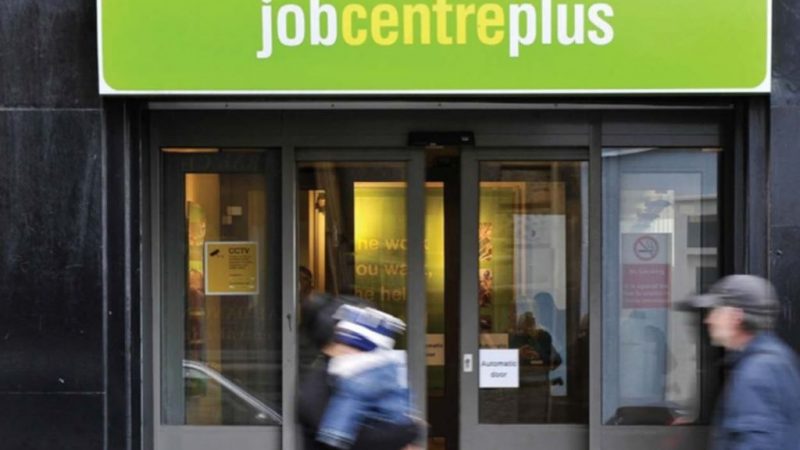
The Covid-19 crisis has seen many lose family, freedom and employment. In this moment of despair, the public will not look kindly upon politicians who point-score. The Labour Party is therefore left with two vital roles. First, strong leadership and scrutiny. Second, clear and credible solutions.
Labour has rightly steered clear of rhetoric: a party that simply criticises others in a time of crisis is unpalatable. But the opposition must still ask deeply inconvenient questions. Was the UK too slow to enter lockdown? Were appropriate border checks delayed? Does testing need to be quicker? Why was there no advance government strategy for protective equipment, despite the expert warnings? How did the UK’s track and trace system flop? Why has Britain’s economy been hit so much harder?
Strong leadership is not just about highlighting past failures. It must also involve presenting the public with a vision of the future, building a plan and offering a coherent narrative for improving lives. It is for this reason that the West Midlands police and crime commissioner David Jamieson issued his recent report A Future Generations Deal: Avoiding the ticking time bomb of youth unemployment in the West Midlands.
At first glance, one could be forgiven for feeling exhausted at the revolving door of bad news. A crime wave does little to alleviate these emotions. But as we all know, politics is not the for the faint-hearted. It is no secret that there are significant pockets of deprivation in this West Midlands. Crime is already a serious challenge, resulting from a cocktail of social problems that have been exacerbated by years of underinvestment in substance misuse treatment, mental health support, domestic violence prevention, reducing exclusion from education or meaningful opportunities for training, skilled work and fair pay. And the situation is set to deteriorate further.
Economists predict mass unemployment, with young people affected most, particularly underrepresented groups. Most will not turn to crime, and instead suffer the hardship of poverty and struggling in silence. Sadly, however, evidence shows that a minority of these young people, and indeed adults, will find themselves caught in criminality – derived from existing social barriers and the deepening poverty and desperation of the pandemic. The challenge will certainly not be for the West Midlands alone, and genuine concerns over public disorder and major social disquiet will just as likely be heard in the wood-panelled rooms of Westminster.
More important than ever, the public want solutions – credible ones that offer hope. This is what the Future Generations Deal provides. No matter your background, rich or poor, you want to see a country that is working well. A nation besieged by crime due to mass unemployment does not meet that standard. A society with huge hospital waiting lists, poor living conditions for our older generations and environmental catastrophes caused by climate change will likewise have failed the test.
This presents a crucial opportunity – because the ticking time bomb can be avoided. The huge economic and social costs of crime, the social and health fallout of long term unemployment and the costs of welfare can be avoided. The answer? A series of government job subsidy programmes. Our underfunded NHS needs a future generation of young talent; our revolution in renewable energy and green industries needs a deluge of high-skilled green jobs and a pipeline of brilliant future thinkers; and our country needs a generation of young people who have been given every single chance to succeed.
This means acknowledging the mental health crisis in young people. It means more further education places and a recognition of alternative routes to success and respect for individual creativity. It means being patient with our young people and having the right kind of training and social support at work – transforming low confidence into tomorrow’s leaders. If we embrace a Future Generations Deal that makes a bold investment in our youth, we will emerge from this global pandemic as a safer, healthier and more visionary society.



More from LabourList
Haigh: We won’t shut ticket offices or cut jobs – or nationalise water
Lou Haigh to reveal ‘roadmap’ for public ownership of railways within first term
Rochdale Labour says brick thrown at candidate’s home with ‘f*** Labour’ note